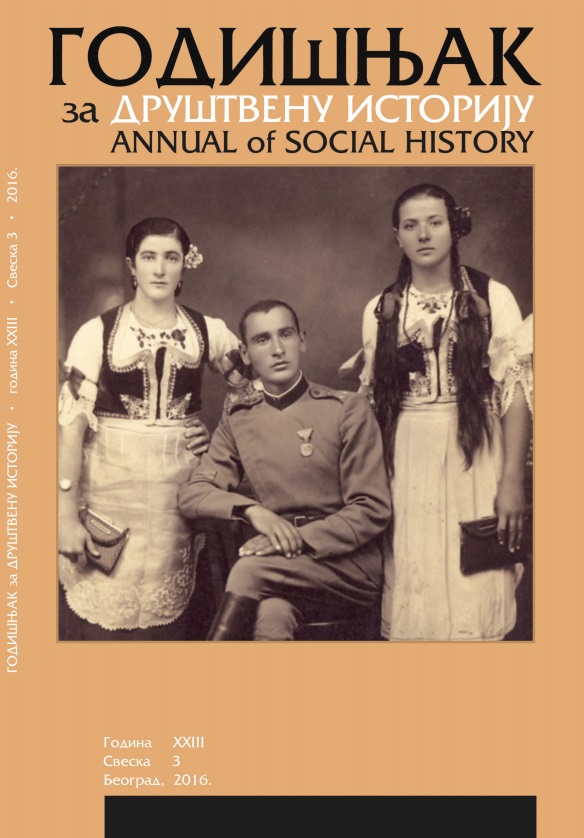Историја, сећање и право: још један осврт на проблем судске рехабилитације у Србији
History, Memory, and the Law: Another Review of the Problem of Legal Rehabilitation in Serbia
Author(s): Jelena ĐureinovićSubject(s): Politics and law, Historical revisionism
Published by: Udruženje za društvenu istoriju
Keywords: Dragoljub Mihailović; historical revisionism; memory studies; Milan Nedić; politics of memory; rehabilitation
Summary/Abstract: This paper discusses the legislation in Serbia which regulates rehabilitation of those killed, sentenced, or deprived of any rights for political or ideological reasons in Yugoslavia in the aftermath of the Second World War and its implementation in the court from the perspective of historiography and memory studies. The Serbian National Assembly adopted two Rehabilitation Acts in 2006 and 2011 with the aim to rehabilitate those sentenced, killed, or deprived of any rights because of political and ideological reasons after 1941. Although the mechanism of legal rehabilitation normally accommodates the victims of unfair trials by revising court processes, these laws, particularly the 2006 Rehabilitation Act, broadened the grounds for rehabilitation. The law includes those imprisoned or killed, as well as deprived of property or any rights, with and also without a court or administrative decision. Most importantly, because of the vague formulation of the 2006 Act, the rehabilitation practice in Serbia encompasses the persons sentenced for collaboration or war crimes as long as it can be argumented that there were ideological or political reasons involved, regardless if there were also other reasons for persecution. This led to in Europe unprecedented rehabilitation processes which has been happening in the courts in Serbia since 2006, which question and usually annul the postwar court decisions, rewriting the history of the Second World War and Yugoslavia. This paper examines how history and historical records are approached in the courtroom in the rehabilitation cases and the role of historians as expert witnesses. The aim of the paper is to examine the framing of the narrative in the courtroom and the selectivity in the approach to archival documents and testimonies which arises from the formulation of the Rehabilitation Acts themselves. Moreover, the paper is concerned with the mechanism of rehabilitation from the perspective of its potential for the study of collective memory and argues that it represents a very valuable source for examining otherwise understudied reception in memory studies.
Journal: Godišnjak za društvenu istoriju
- Issue Year: XXIII/2016
- Issue No: 3
- Page Range: 89-112
- Page Count: 24
- Language: Serbian

